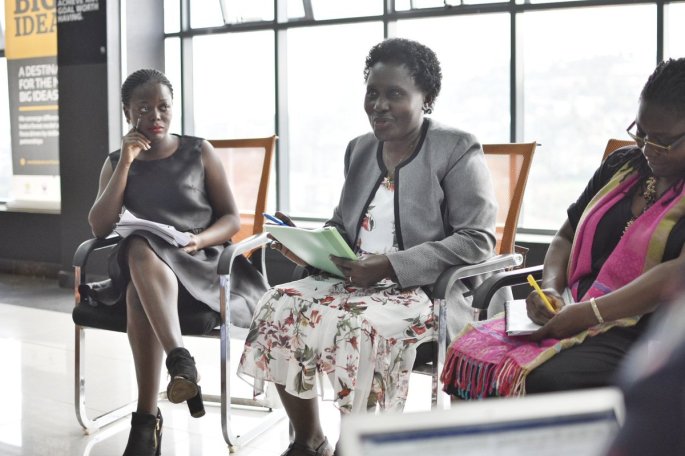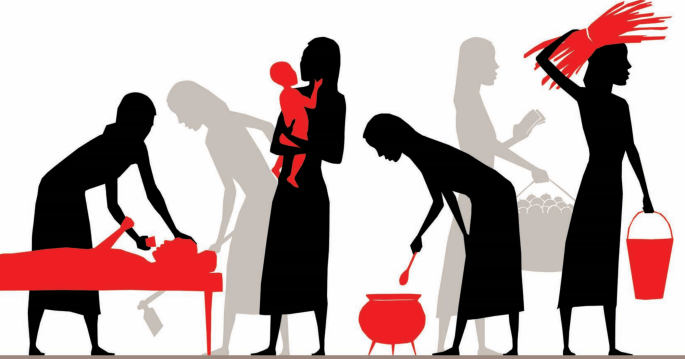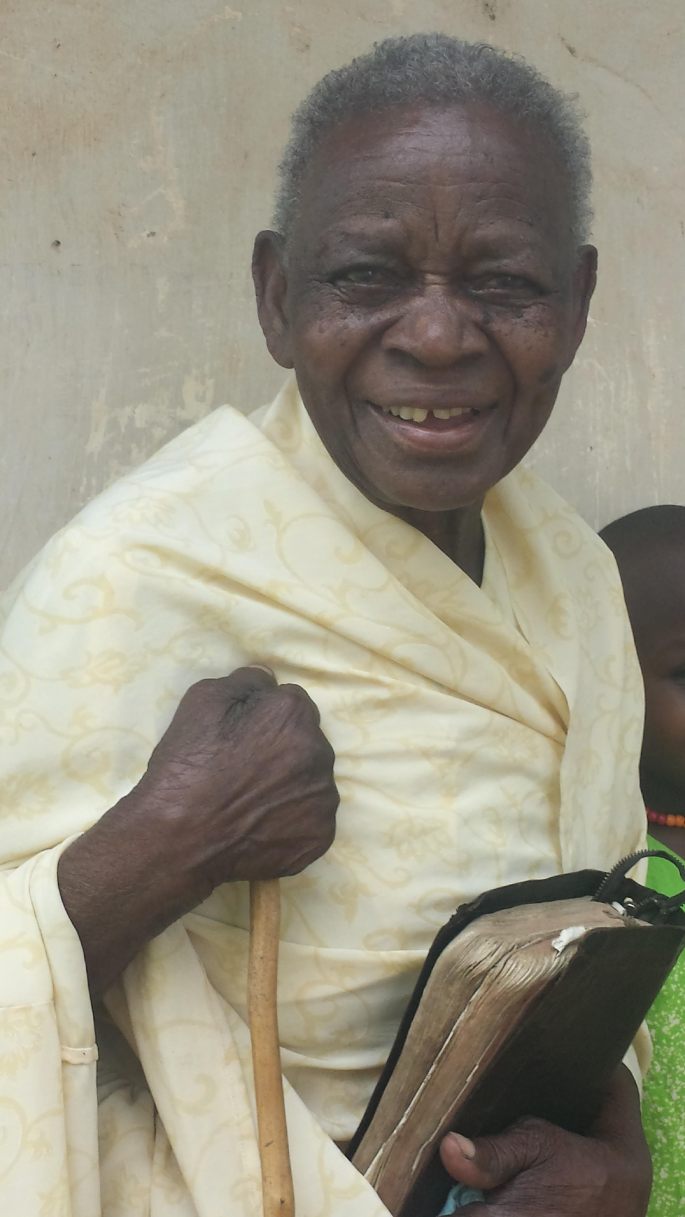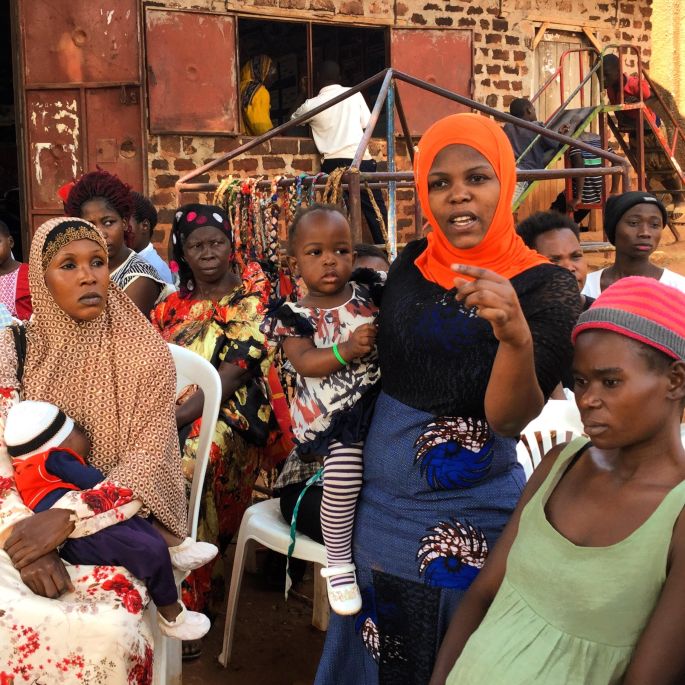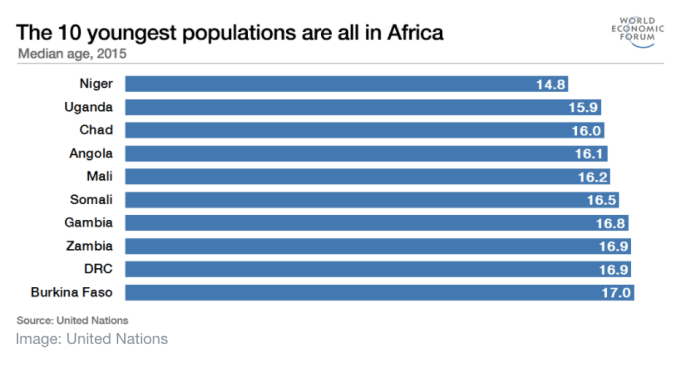Uganda has made strides over years to increase access to education for all citizens. As of 2015, the adult literacy rate for Uganda stood at 73.8 %. Historic imbalances and cultural attitudes have long locked women and girls out of formal education. Measures like free primary education and awareness of importance of equal access to education opportunities for both girls and boys worked to improve enrolment at primary level. However the enrolment and retention of girls in school beyond primary school remains a challenge. Some reports show that only 22 out of the 100 girls aged 13 to 18 years access secondary education which leaves a wider gap even with the existence of the limited Universal Secondary Education.
The percentage of girls joining secondary is lower than that of boys and females without formal education double males. To compound the kind of challenges still faced, recent figures from Uganda Bureau of Statistics show that 25 percent of adolescents age 15-19 in Uganda have begun childbearing.

